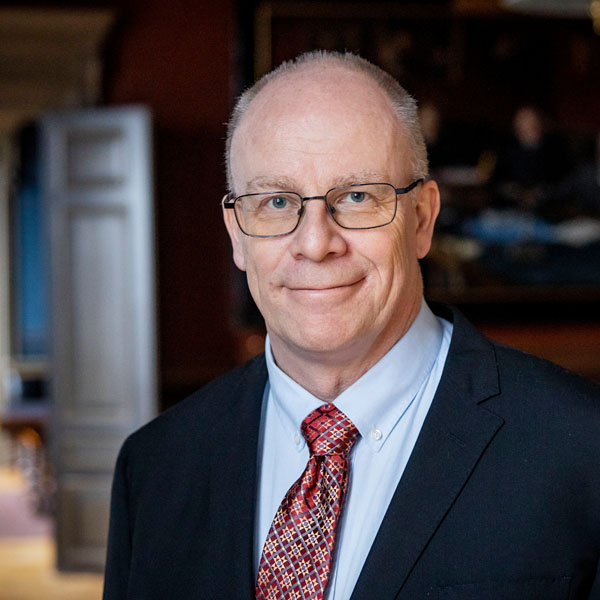UUniFI is the name of a new initiative at the University very close to my heart. The abbreviation stands for Uppsala University Future Institutes, whose aim is to enable research into complex societal challenges by harnessing the breadth of Uppsala University. The institutes will be characterised by excellence and innovation, generate new research and establish new collaborations, increase visibility and strengthen the international position of the University.
The idea behind the institutes has been in the works for a long time. A seed was planted in the previous government’s research policy bill, which raised the issue of profile areas. That task, as we interpreted it, was to identify a number of profile areas for the University. It was a difficult challenge for a university like ours, as our profile is, in actual fact, to not have one. Rather, we want to be a broad, leading university with a range of areas of excellence identified by researchers that vary over time. The question is an interesting one, though. What more can we do as a university to contribute to a better world, as we typically say.
If our breadth is our strength, perhaps we need to embrace it; or so my thinking goes.
There is much discussion across society about the challenges we face: the climate issue, pandemics, conflicts, data security, migration and so on. These challenges are difficult for many different reasons. There are often no clear-cut answers; conflicting objectives influence choices; the issues are multidisciplinary in nature and require multiple resources that do not typically work together.
Across our fantastic University, many people are contributing in different ways to finding answers to questions related to all these challenges facing society. That is positive, but I think we can achieve more if we connect the forces that are currently strong but scattered across the University. The question is how?
My answer, after visiting other universities and holding many fruitful discussions with wise people at our University, is UUniFI. To start with, we have identified six different institutes with specialisations in which we are currently strong and where we believe the University can quickly establish broad, constructive, rewarding and world-leading collaborations – collaborations that could produce the answers the world is waiting for.
These institutes are focused on:
- Conflicting objectives – Multidisciplinary studies of conflicting objectives and synergies in processes where society is being transformed to tackle major challenges
- Multi- and interdisciplinarity – Platform and physical environment for the initiation and development of problem-driven and thematic research cooperation across subject, faculty and disciplinary domain lines (CIRCUS)
- AI research – Multidisciplinary studies of the opportunities and problems related to the use of AI and the digitalisation of society
- Migration – Multidisciplinary studies focusing on processes related to migration and integration
- Precision health – Multidisciplinary studies focusing on increasing and providing more equitable health by preventing, diagnosing and treating with precision
- Green energy transition – Multidisciplinary studies focusing on the energy transition and society’s increasing energy demand
These are lofty ambitions, perhaps even a little cocky. It’s a question of sticking our neck out, but not too much. We can back up our claim that we can do this. At Uppsala University, we have capabilities that not many others have. I am convinced that these well-motivated initiatives can deliver better, more pioneering and relevant research and unite all parts of the University. A common feature of all the identified areas is that they have strong research across the board. This means they can mobilise – both individually and by connecting with each other – interdisciplinary added value with a strong relevance to these major societal challenges. Through UUniFI, we are bringing together research from all of the University’s faculties and disciplinary domains, enabling them to make an even greater contribution to the shaping of society.

